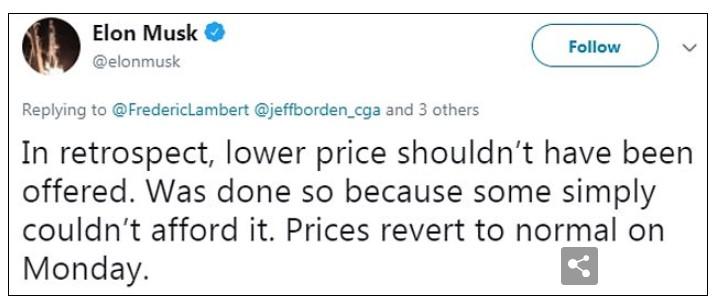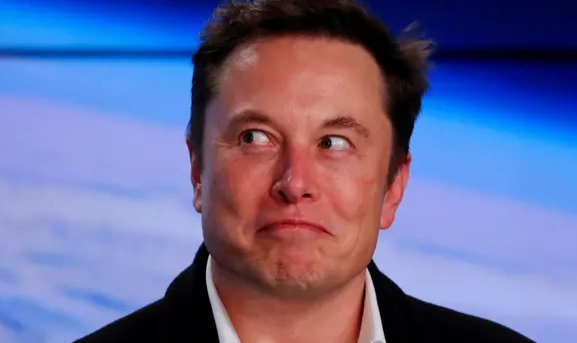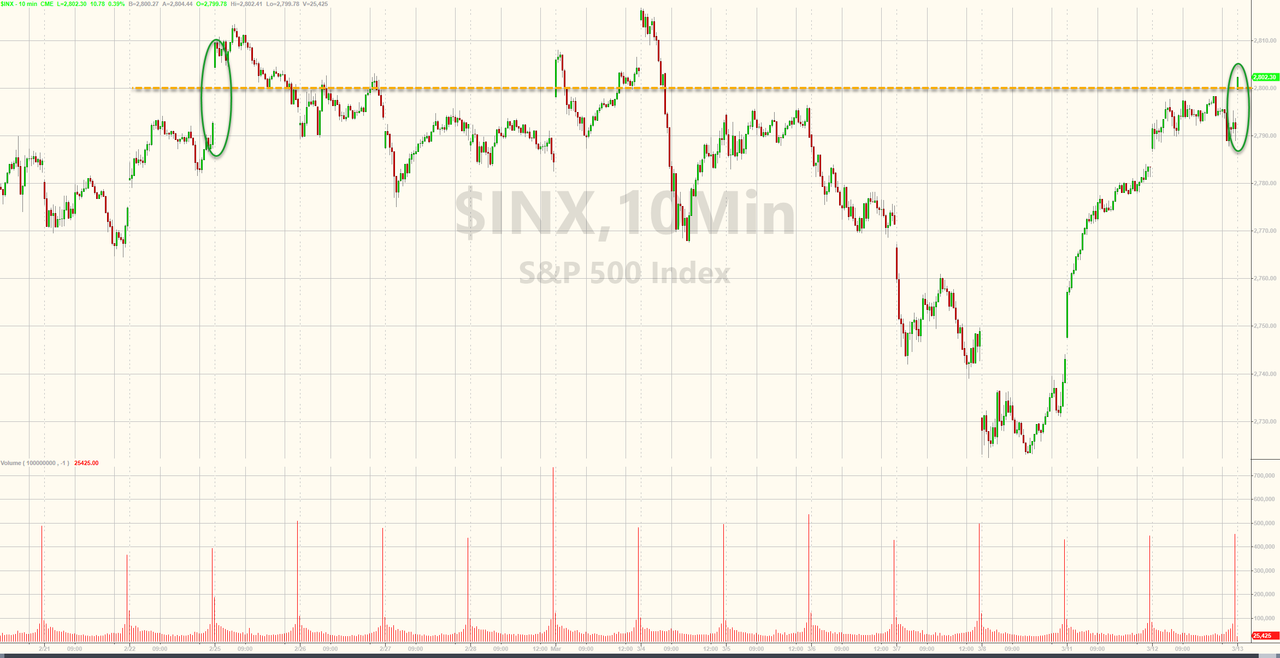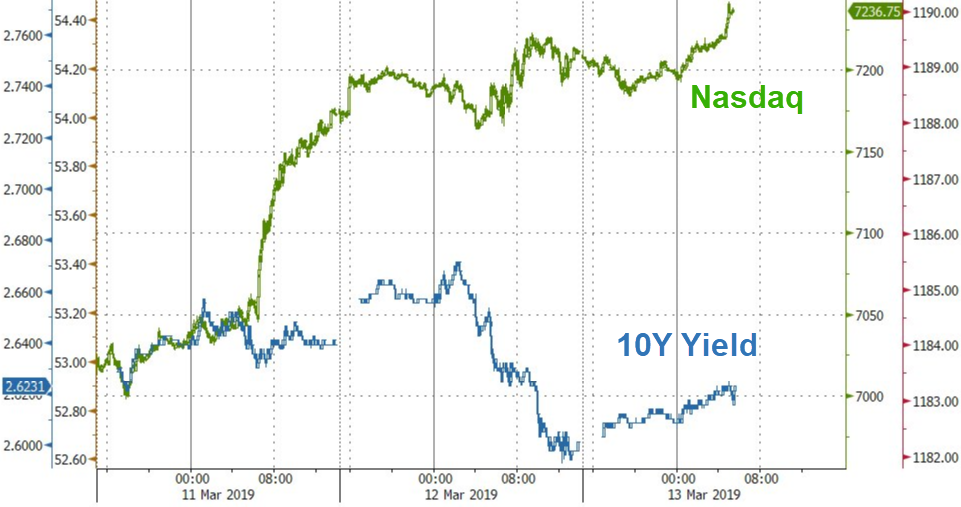 Hey, check out this new CNN poll showing that 40 percent of registered Republicans in Iowa hope that President Donald Trump gets challenged for the GOP nomination! So you’re saying there’s a #NeverTrump chance, right?
Hey, check out this new CNN poll showing that 40 percent of registered Republicans in Iowa hope that President Donald Trump gets challenged for the GOP nomination! So you’re saying there’s a #NeverTrump chance, right?
That poll-softening, plus the potential Trump-weakening revelations from Special Counsel Robert Mueller’s investigation, is the basic case for optimism among those agitating for a competitive primary. “Having large percentages of partisans say they wish their incumbent president would be challenged (or not seek reelection) is not something you normally see in the course of successful reelection campaigns,” Bulwark Publisher Sarah Longwell wrote last month. “That doesn’t mean that 40 percent of Republicans will abandon Trump in 2020 in favor of the Democratic nominee. But it surely means something.“
Whatever that something is, it’s currently a good deal less than two out of five Republicans actively considering a non-Trump primary vote. Why? Because whenever presented with actual, instead of theoretical, choices, competition-curious voters say “Ewwwww, I didn’t mean that guy!”
The CNN poll of 400 Republican Iowans shows Trump with a net favorability of 67 percentage points (82 percent favorable, 15 percent unfavorable). What about CNN commentator and professional primary-Hamlet John Kasich? The former Ohio governor is at -1 percentage point net favorability (27 percent favorable, 28 percent unfavorable). That actually leads the #NeverTrump field: Maryland Gov. Larry Hogan is at -8, exploratory committee-haver Bill Weld is at -11, and the universally derided independent Howard Schultz lags the field at -18.
It gets worse for the challengers. A Monmouth University poll released yesterday of 339 Republicans nationwide showed Trump whacking Weld head-to-head, 54 percent to 8 percent, and also hammering Hogan, 55 percent to 6 percent.
“What’s clear,” concludes The Washington Post‘s Aaron Blake, “is that, at this early juncture, the math just doesn’t add up.”
Let’s not skip over that “early juncture” bit; here’s some important context about primary polls:
601 DAYS TO GO:
2008 Dem: Clinton led by 12.2 points.
2008 GOP: Giuliani led by 15.3 points.
2012 GOP: Romney led by 8.5 points.
2016 Dem: Clinton led by 53.7 points.
2016 GOP: Walker and Bush were tied.https://t.co/OLynKLRaJh— Who led? (@LedPast) March 13, 2019
Still, the insight remains, and it’s durable across election cycles: Voters in high numbers say they want choice, but when actually presented with that choice, they reject it. Even moreso during periods of high negative polarization.
Just look at this 21st century polling spread from Gallup. Why, a whopping 57 percent of Americans say we need a third party, compared to just 38 percent who say the two major parties are combining to do an adequate job!

And yet a couple of weeks after that last poll was taken, third parties and independent candidates got skunked in the midterm elections. As Nick Gillespie observed 14 months ago in a typically subtle headline, “Post-Trump, Do We Really Want a Viable Third Party? Survey Says Yes, History Says GTFO.” Or if you prefer Washington Post number-cruncher David Byler’s more subdued formulation yesterday, “In theory, it might be possible to imagine someone uniting the less Trump-y factions of the GOP and putting together a solid challenge to Trump. But it’s hard to do that in practice.”
As the #NeverTrump crowd keeps waiting for a Mueller magic bullet that might not ever materialize, it will be interesting to see who, if anyone, will look at those long odds yet still decide to roll the dice.
from Hit & Run https://ift.tt/2J6WiEy
via IFTTT
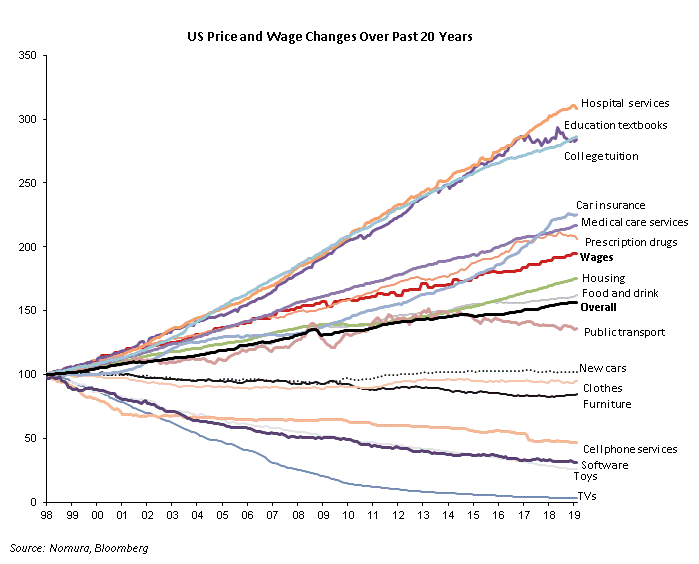
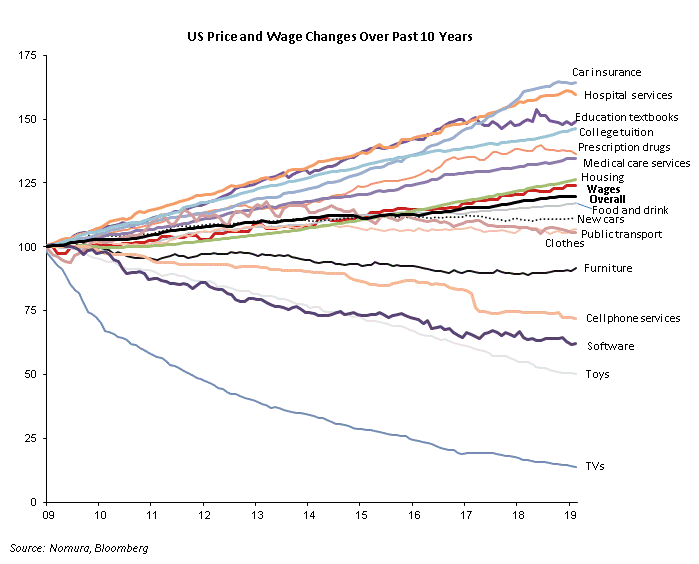
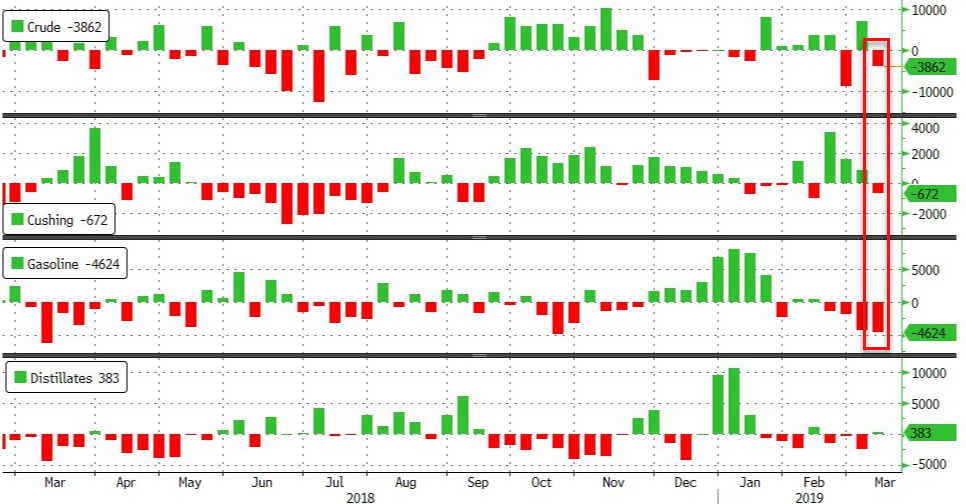
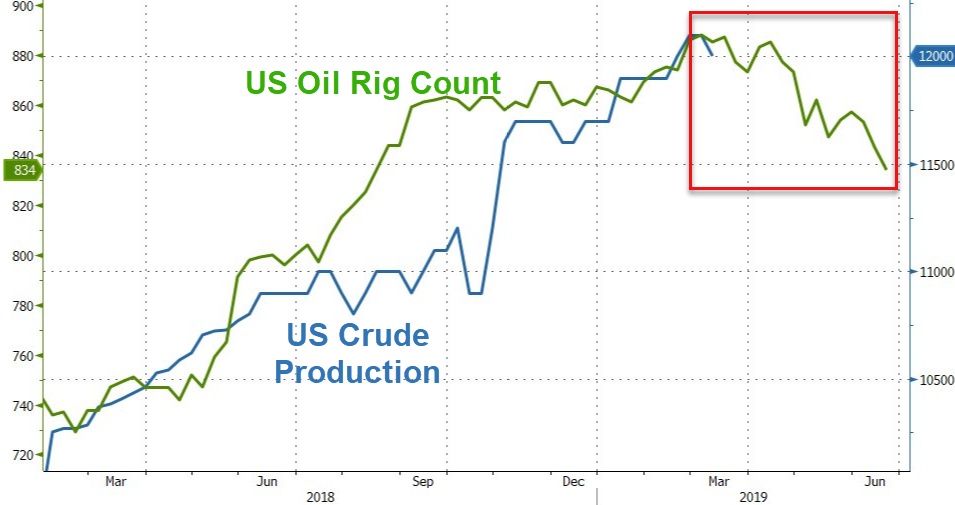
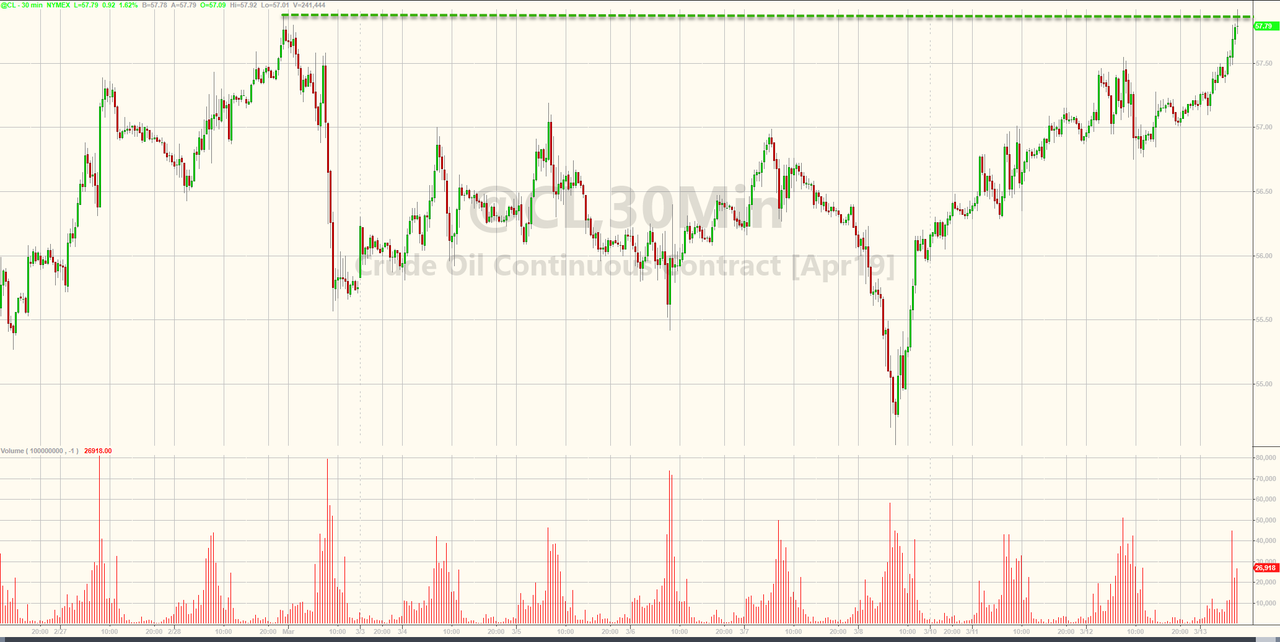
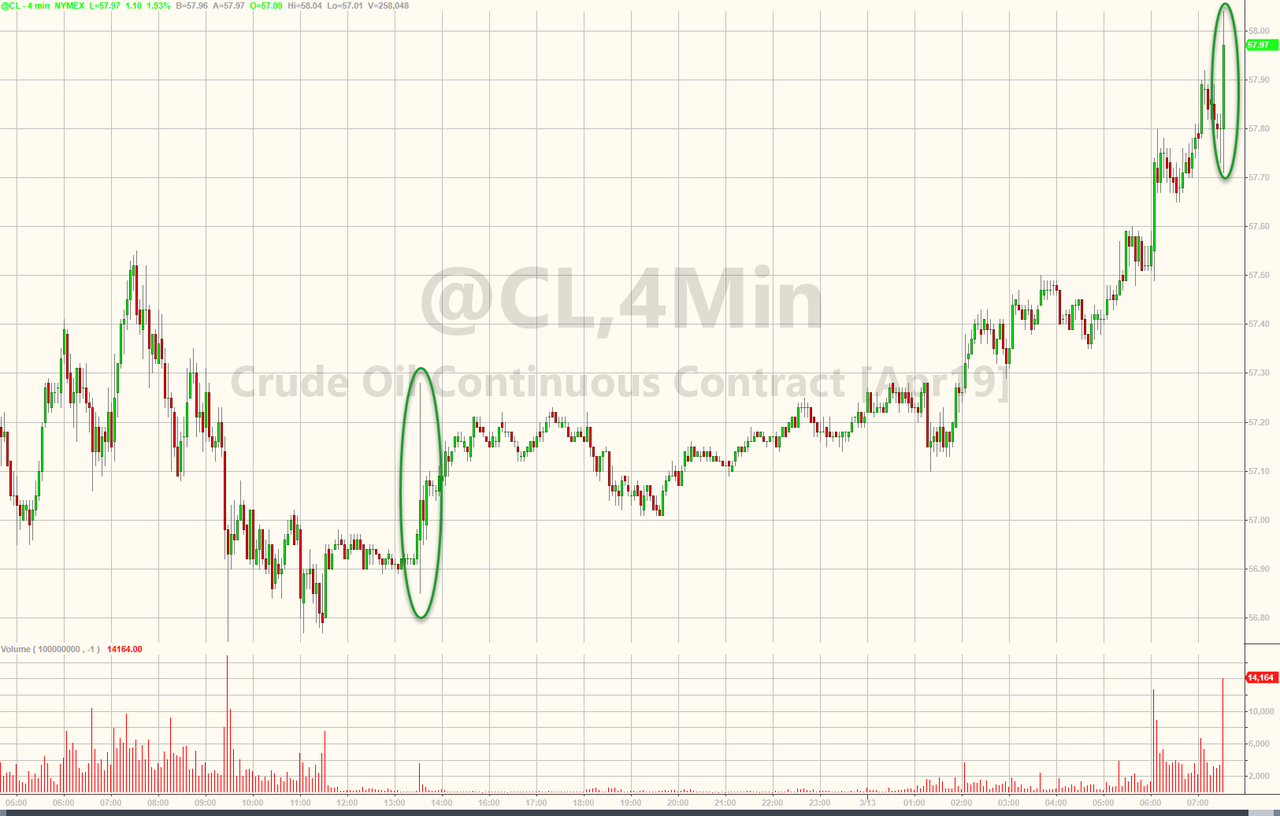
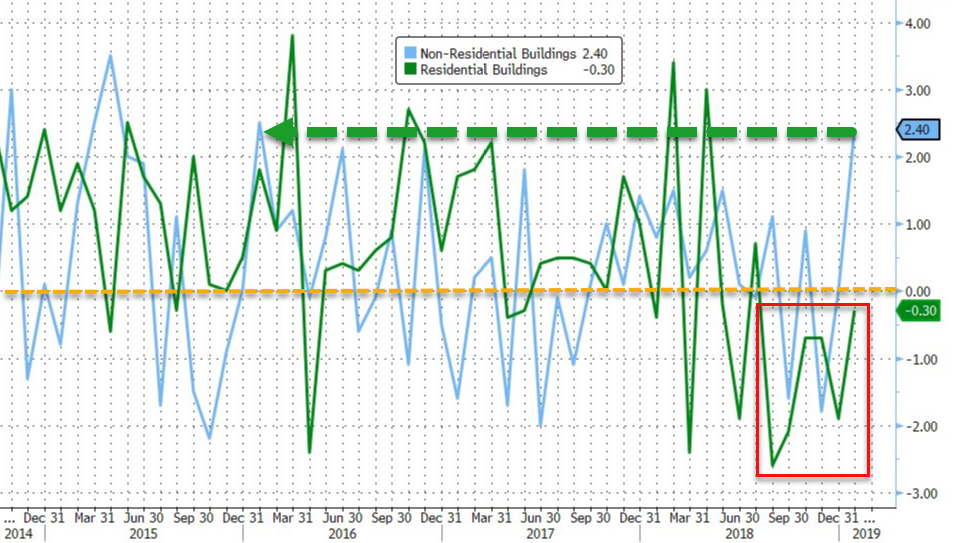
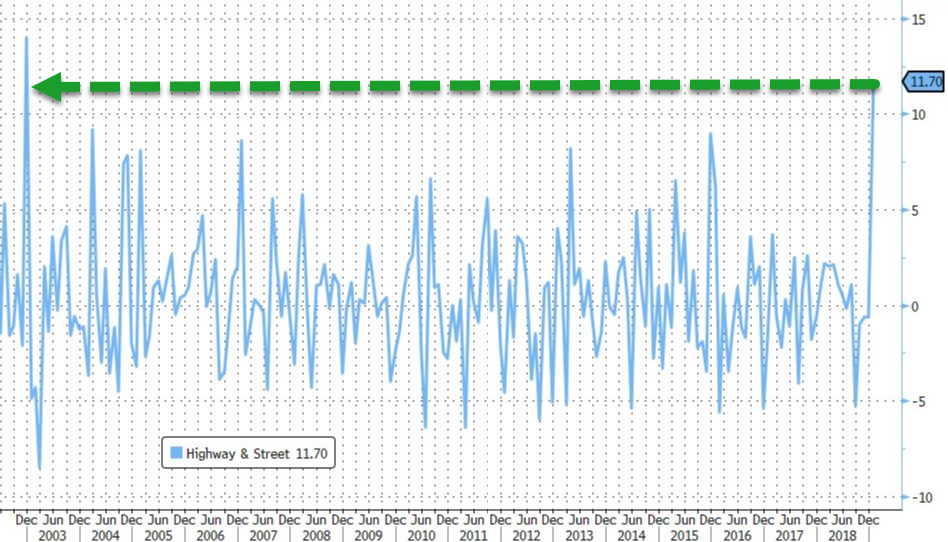
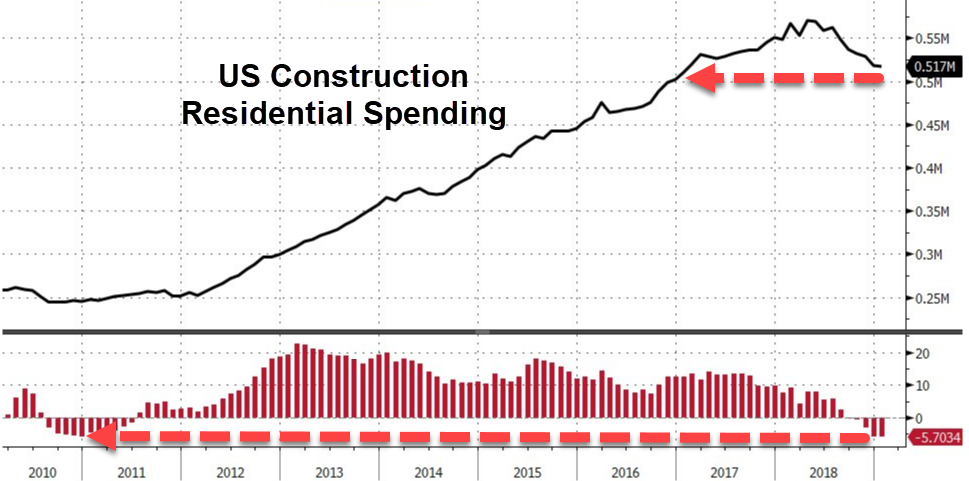
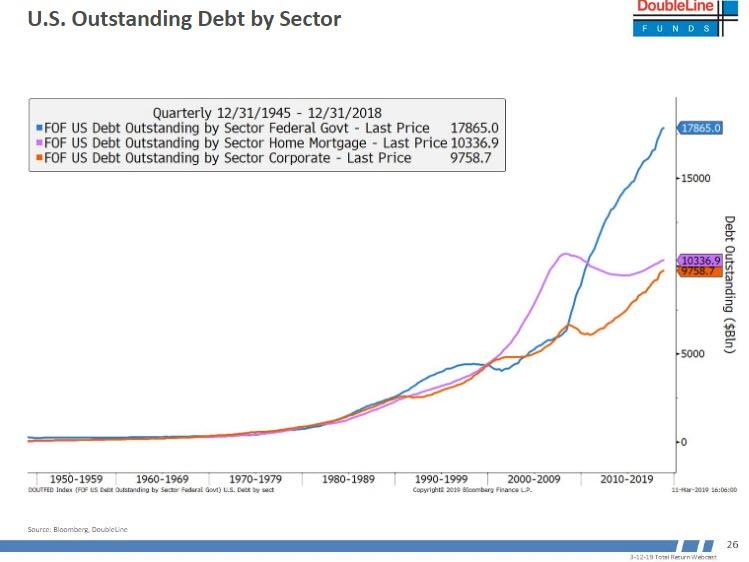
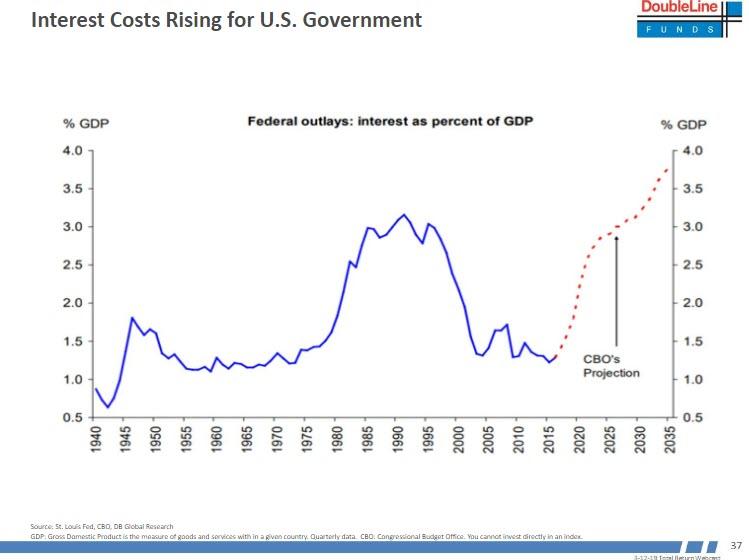
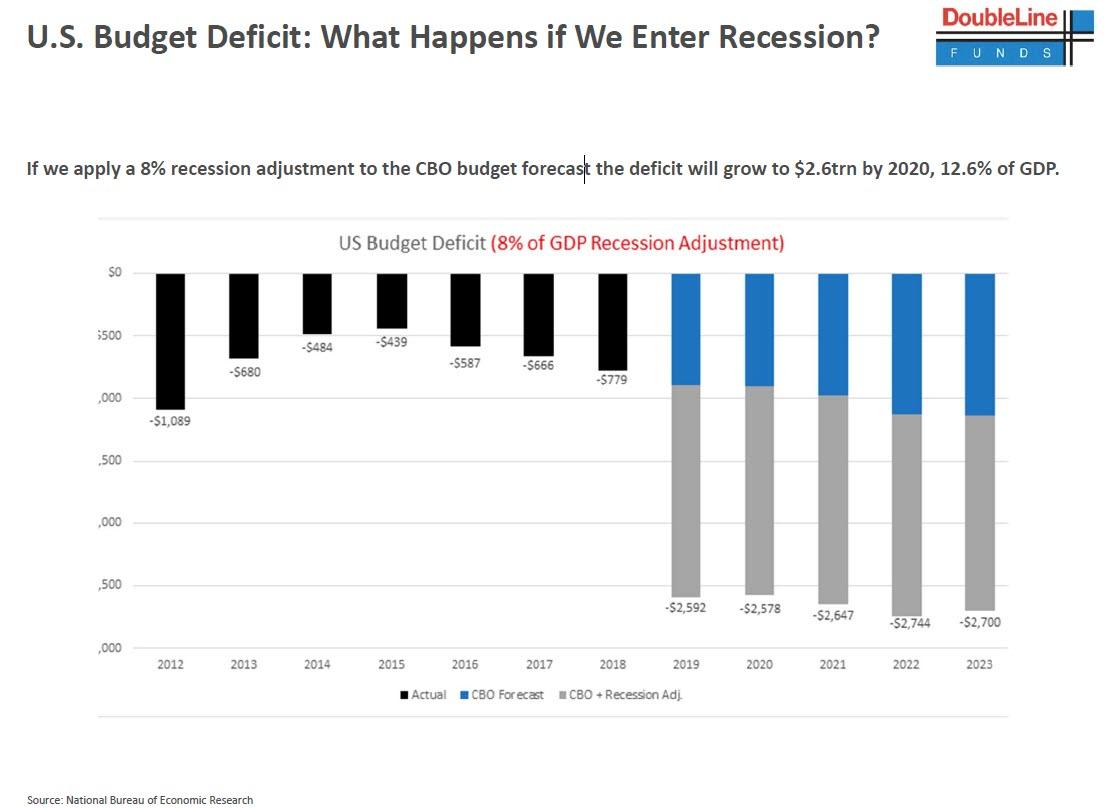
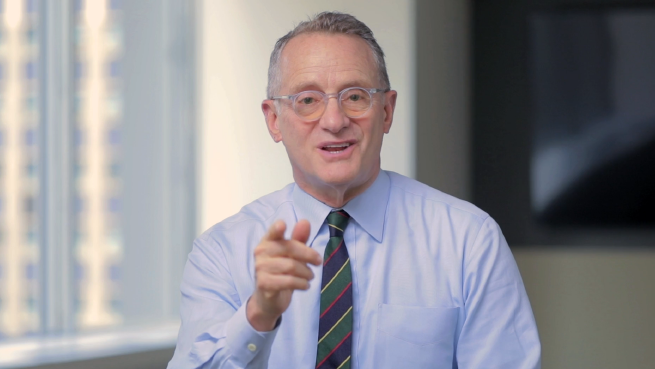
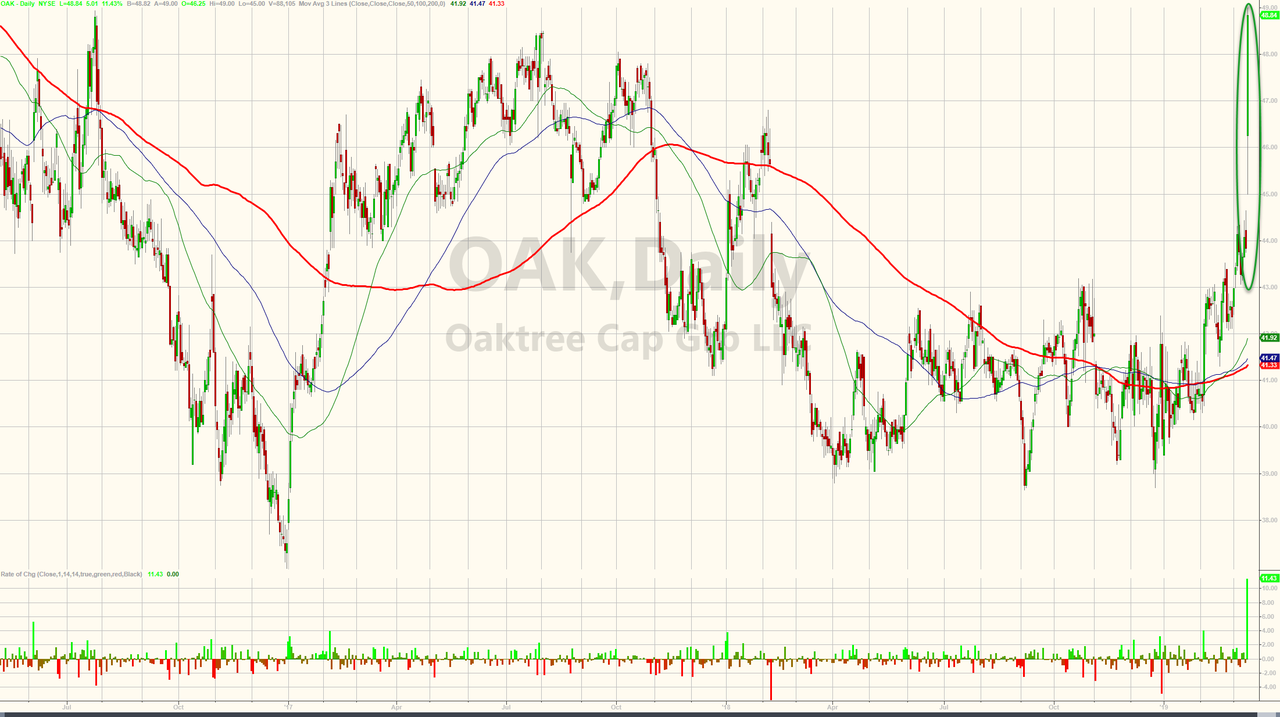
 Who needs words to have meanings? Not our government, that’s for sure these days. In an interview released Tuesday, President Donald Trump said his administration was “seriously” considering designating drug dealers “as terrorist organizations.”
Who needs words to have meanings? Not our government, that’s for sure these days. In an interview released Tuesday, President Donald Trump said his administration was “seriously” considering designating drug dealers “as terrorist organizations.”